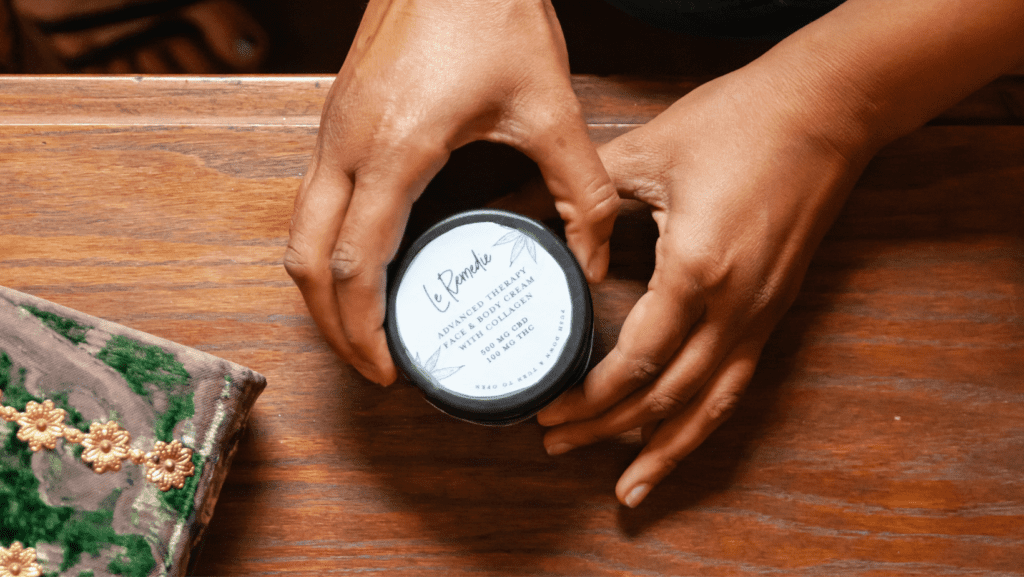Green Dragon is the latest cannabis retailer to take a cue from mainstream outlets like Costco by creating in-house brands: Le Remedie, Sugar High, and Higher Focus.
The vertically integrated Denver-based company operates nearly 20 dispensaries across Colorado and Florida, where its brands are sold alongside widely available products such as beverages from Keef or gummies from Dixie, Wana, and Wyld.
It’s no surprise that big cannabis retailers are making this move toward product development. Private label or store brands have become increasingly popular in recent years. In 2020, the market share of private label brands in the United States was 19.5% and retail sales of consumer packaged goods sold under store brands amounted to $158.8 billion, according to Statista.
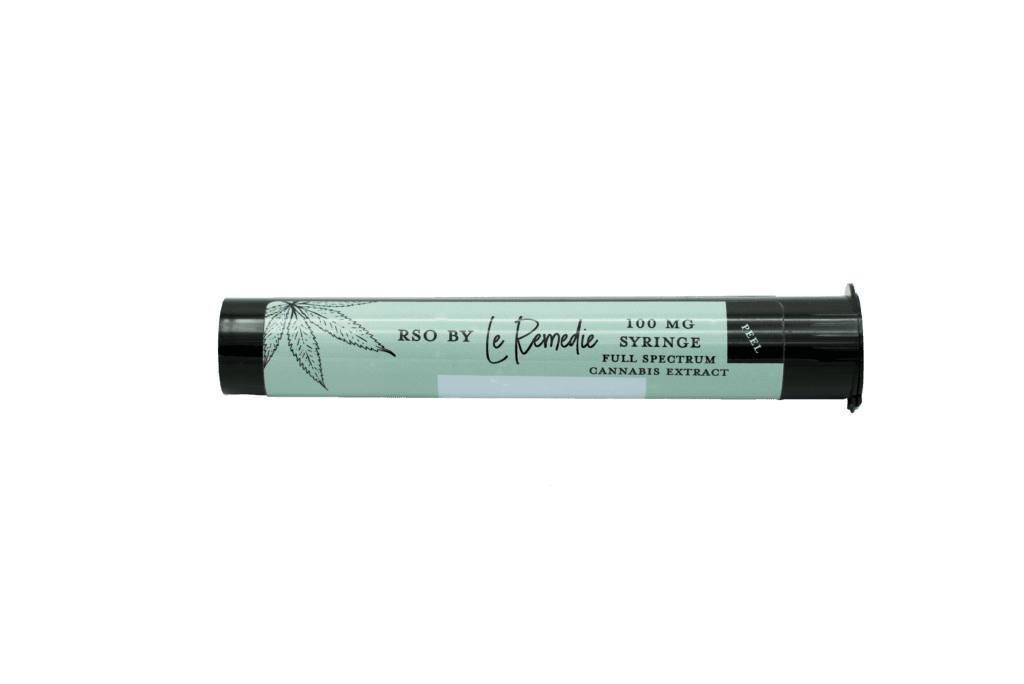
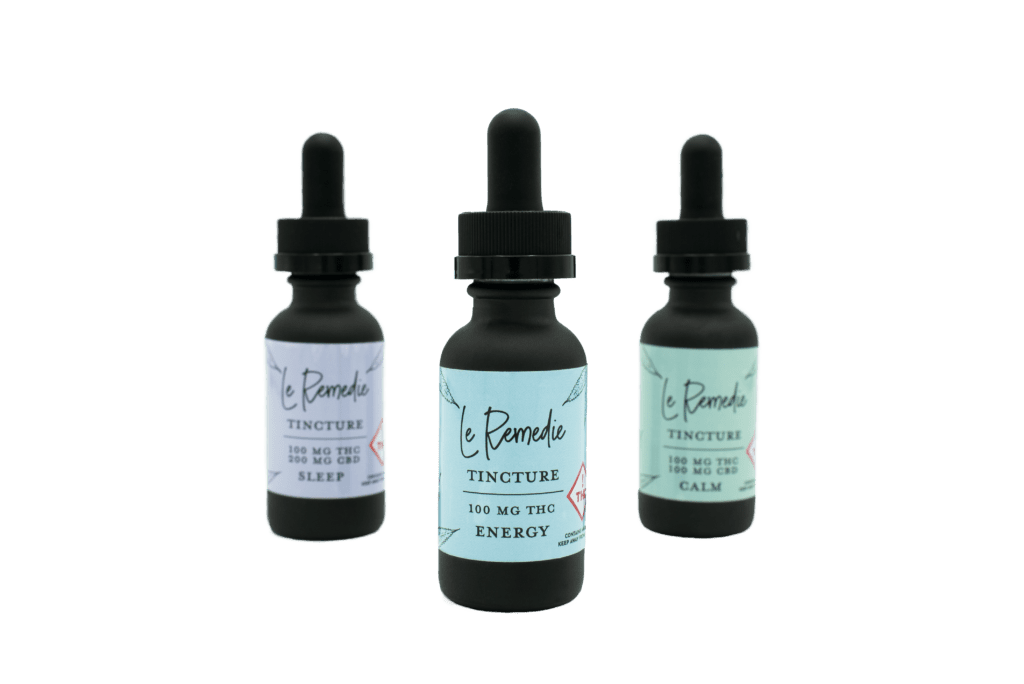
For vertically integrated cannabis businesses, developing their own products can be more profitable than merely selling other companies’ products. Nevada-based Deep Roots Harvest manufacturing Gold Rush Concentrates makes sense both financially and strategically.
“It helps us distinguish ourselves as a brand rather than a dispensary,” said Mike Martinez, the company’s director of retail operations. But it was important for Deep Roots to create a distinct brand. “It’s hard to sell to another retail establishment if it just points them back to our stores. It’s a standalone product, so it’s not representing another store in someone else’s store.”
Denver-based Native Roots sells its Spectra and Revel lines of vape cartridges to 100 wholesale accounts. The company was making the products anyway, so creating new brands to be sold in competing dispensaries enabled them to produce more.
“Our product team was like, ‘These are amazing — we should sell them in other places besides Native Roots,’” said Buck Dutton, the company’s vice president of marketing. “But other dispensaries don’t want to carry Native Roots products because we’re their competition. The only way to do it was to put it under another brand name.”
Green Dragon took a thoughtful approach to creating their own products. “We don’t look at it just as retail,” said Austin Steeves, Green Dragon’s director of corporate operations. “We want products we’re proud of that we can put into the market.”
Before creating the Le Remedie line, Green Dragon conducted market research on the demand for lotions. They found that most companies package their lotions in small containers, so they went big and created a 5-ounce tub for their topicals, including a face and body cream that contains collagen, and priced the products competitively.
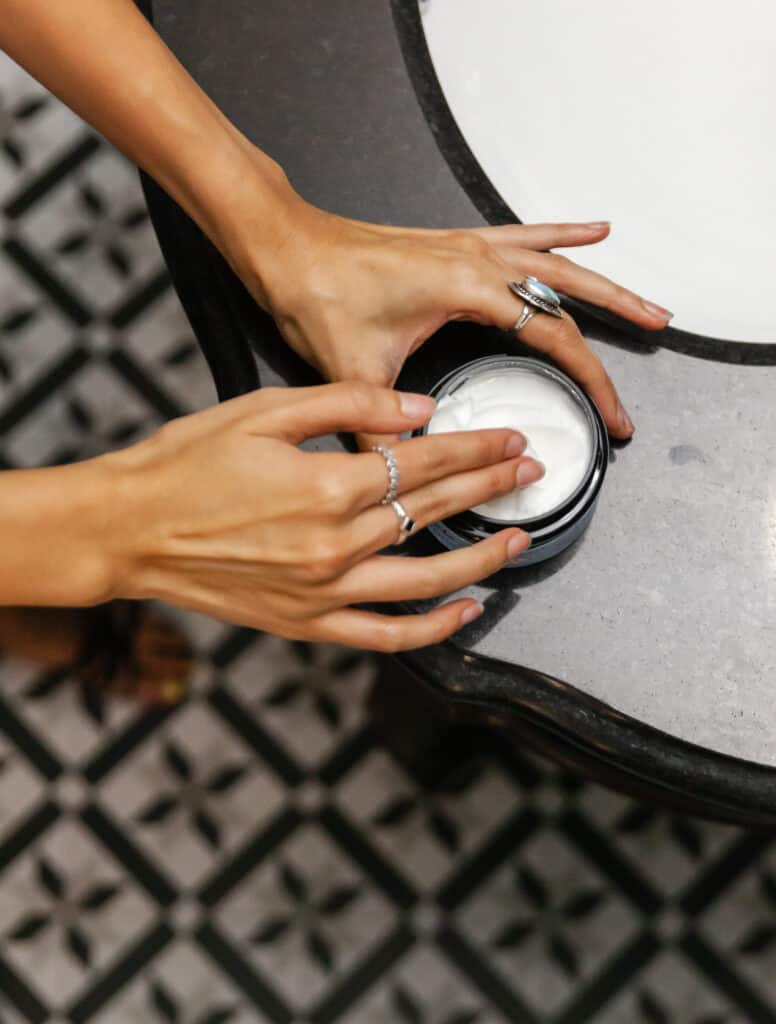
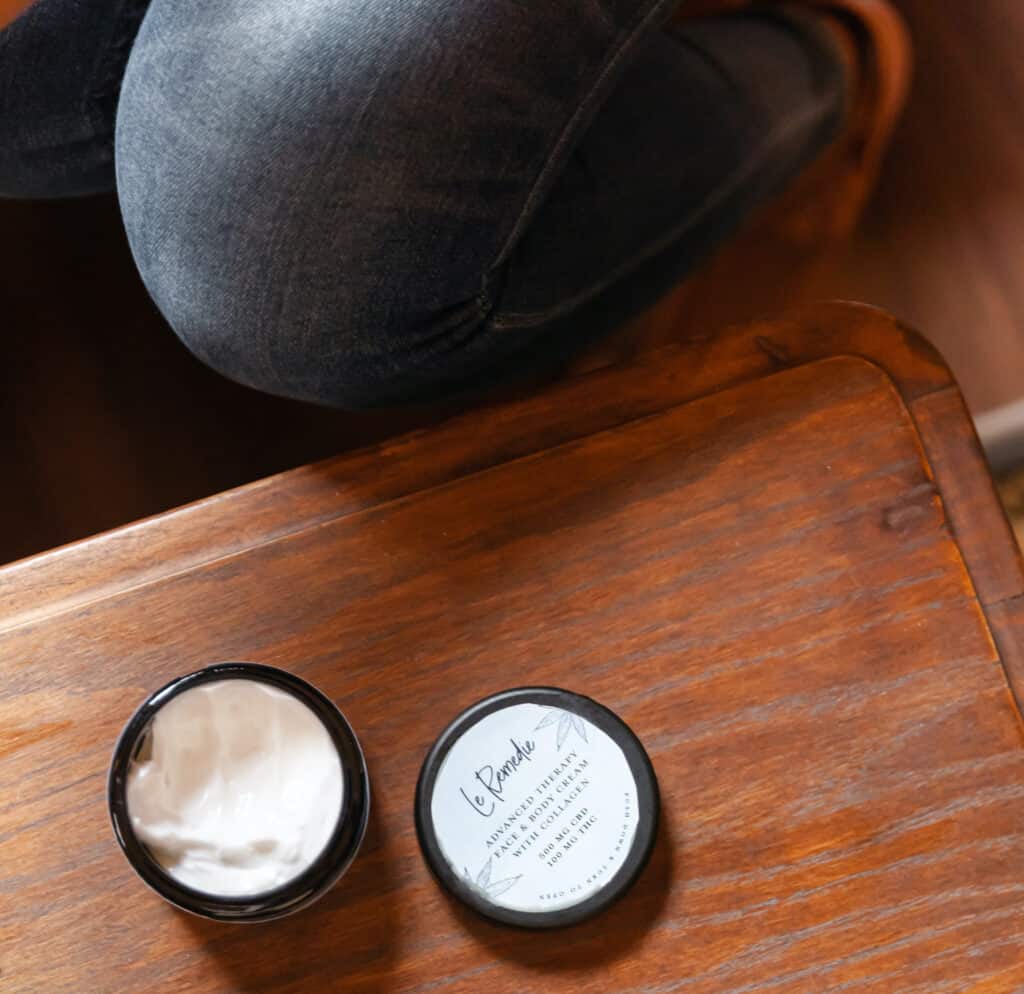
“You really don’t see many facial topicals with collagen in it,” Steeves said. “It’s good for people who want to treat stretch marks or as a face cream.”
Green Dragon launched Le Remedie tinctures and tablets last May, focusing on desired consumer experience rather than the old trope of indica, sativa or hybrid. Instead, the tinctures and tablets are marketed as aids for energy, calmness, and sleep.
“Pills are nice because they’re discrete, flavorless, and people can have them on the go,” Steeves said. The Le Remedie line includes tablets and tinctures that provide three different experiences: Energy, with 100 mg of THC; Calm, a 1:1 THC/CBD product; and Sleep with 1:2 THC/CBD. The line also offers Rick Simpson Oil (RSO), and Le Remedie Face & Body Cream, which is designed to prevent wrinkles and reduce blemishes and brown spots.
In addition to Le Remedie, Green Dragon’s in-house brands include Sugar High edibles and Higher Focus concentrates. Developing in-house brands gives Green Dragon the ability to adapt quickly to suit its customers’ ever-evolving preferences.
“That’s why we did it in-house — we felt we know our market the best,” Steeves said. “We’re supplying products to the market you won’t see anywhere else.”
When it comes down to it, cannabis companies’ private label brands can be quite successful. By producing their own quality brands, marijuana businesses can boost patronage to their retail locations by drawing customers who are loyal to specific product lines. And by getting onto the shelves of competing retailers, they may even lure new customers.
The bottom line is that when a brand is well received by customers, the store’s image is enhanced.


